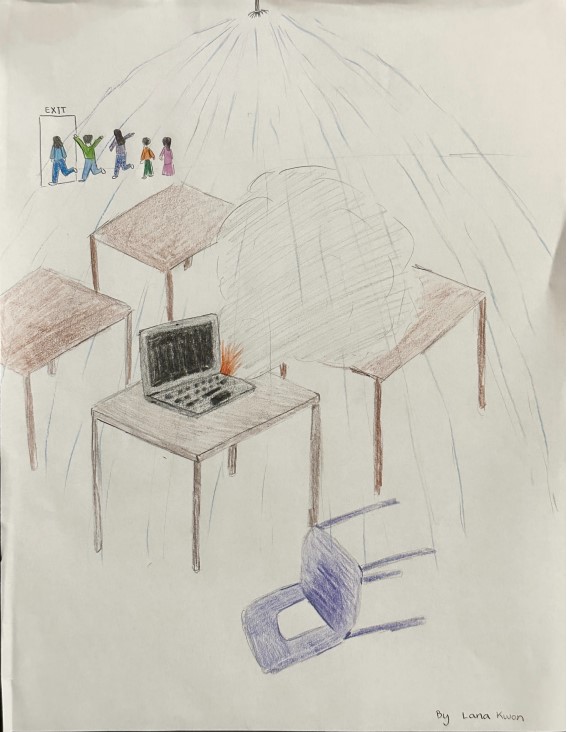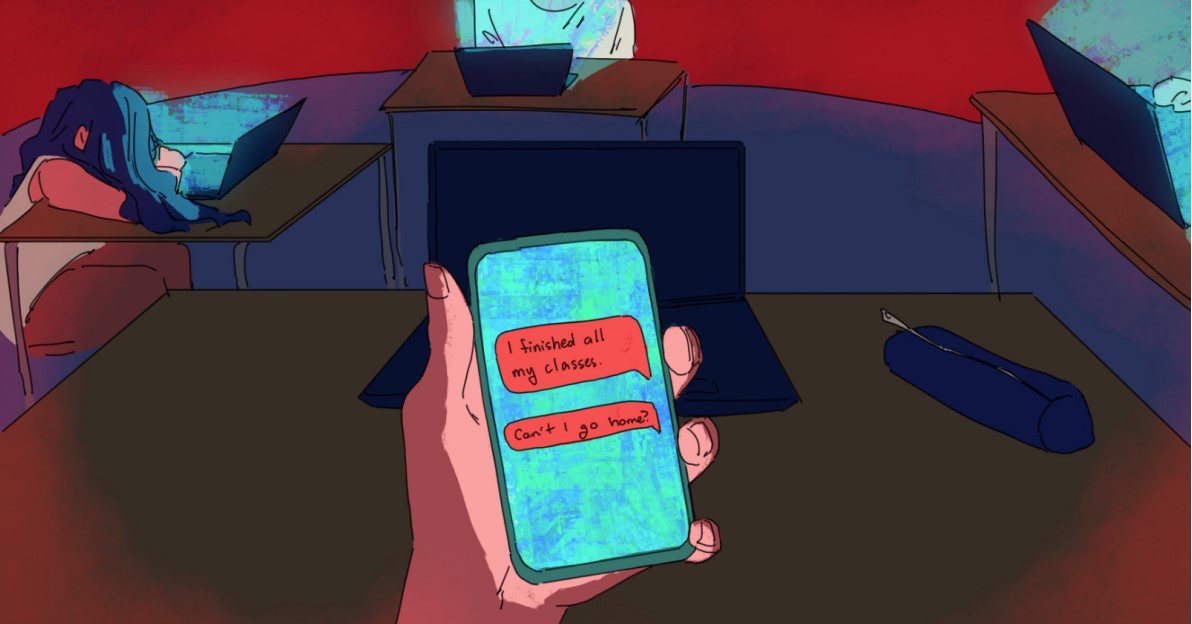The concept of a label is far more than just a mere idea. In today’s society, labels act as definitions, boundaries and categories for individuals. Regardless of their hold on society, these are often nothing more than overgeneralizations that trap people within a culture, social group or ethnicity. It is impossible to ignore the undeniable truth that labels also become prisons.
These prisons can form by applying damaging names or stereotypes associated with conventional standards to someone, reducing them to just a simple name or idea. These strict concepts allow very little room for nuance, which make labels self destructive and detrimental to one’s personal character. Labels should not define someone in their entirety but rather serve as simply starting points for understanding others.
Labels are prevalent in all walks of life, holding so much meaning when used to describe a person. With labels, stereotypes often follow. The idea that women are “too emotional,” athletes are “dumb” or that a certain ethnic group is “violent” is how labels start to become harmful. The connotations associated with these words influence how others perceive and interact with each other.
“People think it would be hard to relate to me because I’m Scottish, which makes it hard to make friends just because people don’t want to try,” senior Jamie MacDougall said.
Not only can labels impede one’s ability to make friends, but labels can set certain standards which make it difficult to create a personal identity. There are certain expectations that arise from labels, which confine people to view one another under a single lens, inhibiting people’s self-expression. For example, MacDougall knows that he is more than “Scottish,” but that label prevents others from seeing his entire identity. Another downside of labels is that they affect people on a more personal level, not just through how others see them, but changing how people see themselves by enforcing the idea of conforming to stereotypes associated with the given labels.
Will Cox of the University of Wisconsin-Madison’s Department of Psychology found that individuals can integrate external expectations into their interpretation of their self-identity depending on how certain labels are perceived. Determining how to interact with others has become increasingly dependent on the label they are given, hindering the extent to which one can make connections and express one’s true self.
Additionally, according to the United States National Science Foundation, labels develop how young girls around the age of 5 view their future selves.
Children begin to only choose activities that fit with the stereotypes they are exposed to and expected to follow. These labels also discourage goals that the young girls have for their futures, suppressing their desire to pursue careers in science, technology, engineering or math.
Being labeled burdens people with the societal pressures of having to go down a certain path and often results in people restricting themselves to certain categories of people and activities.
Senior Emma Johnson has been anchored to the label of Japanese and African-American, and as a result, has felt as though she has to conform to a specific classification.
“[Labels] kind of influenced me to hang out with certain people and will lead me towards certain expectations of what other people want me to go to,” Johnson said.
She further explains that labels cause her to doubt her own identity and how she acts towards people, restricting her self-expression.
Some might argue, however, that labels can allow people to find a sense of belonging and community with those who share similar interests and experiences. Although true to an extent, using one label as a means to describe a whole person is illogical. Labels are becoming overstressed by society to provide a whole explanation of a person, feeding into people’s natural desire to fit in and continuing to perpetuate stereotypes.
As a solution, the Turner Syndrome Foundation explains that when one builds their labels in a way that does not restrict people to a single adjective, they are able to find a community who relate to multiple labels, rather than being confined to a single group.
Society should hold less emphasis on labels, but it is impossible to ignore the fact that labels are always going to exist. However, it is our duty as the next generation of young adults to reject the confines they impose and the overgeneralizations they bring up, instead focusing on who people are beneath the surface.
Taking the time to actually communicate and share different interests, cultures and stories while being open to learn about others is just one way to create an open minded and respectful community. Switching to the use of multiple labels, rather than defining someone by a singular one, can help to portray ourselves in a way that is less restricting. It is our job to understand that labels are not permanent, nor the entire picture.









